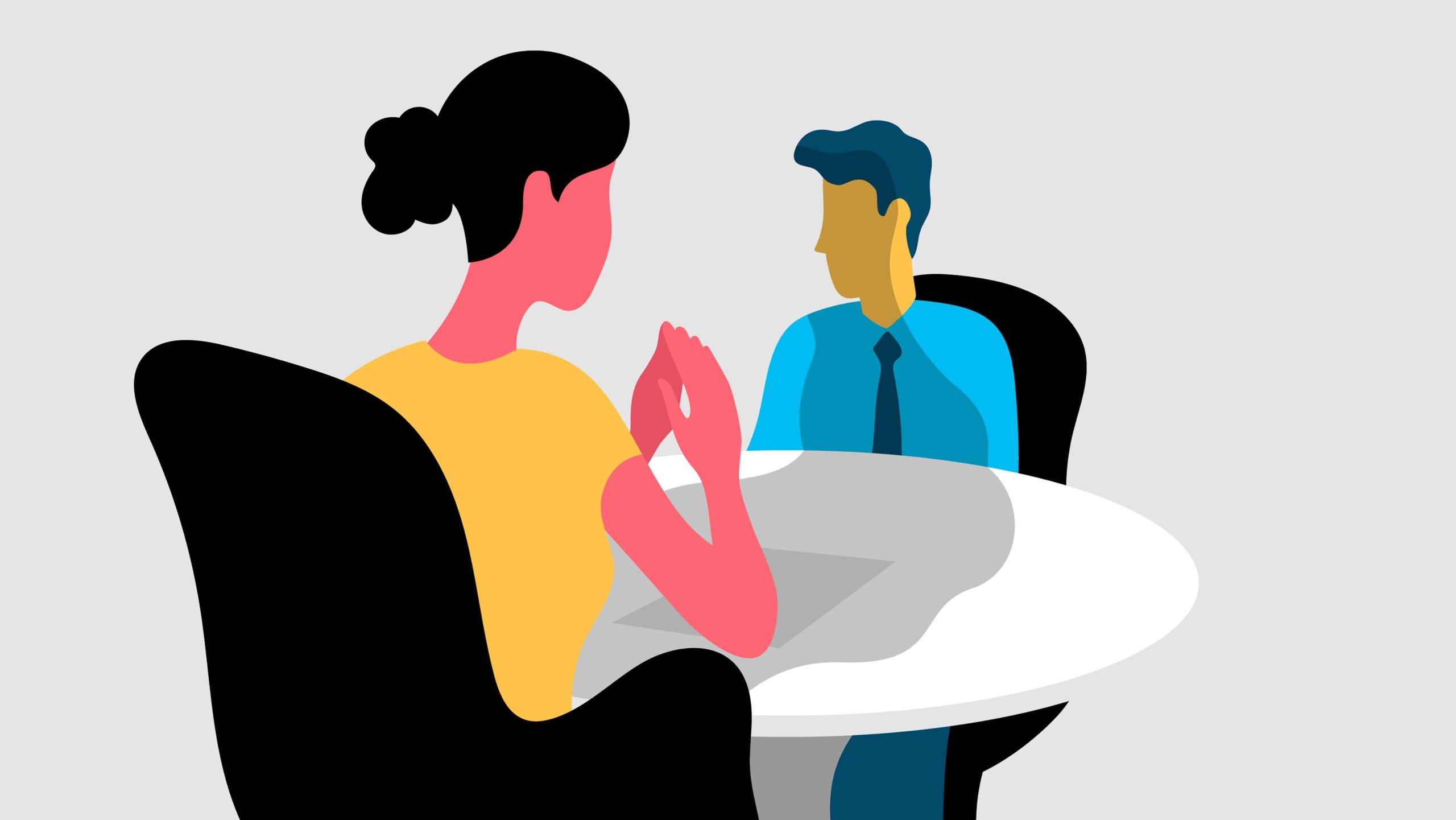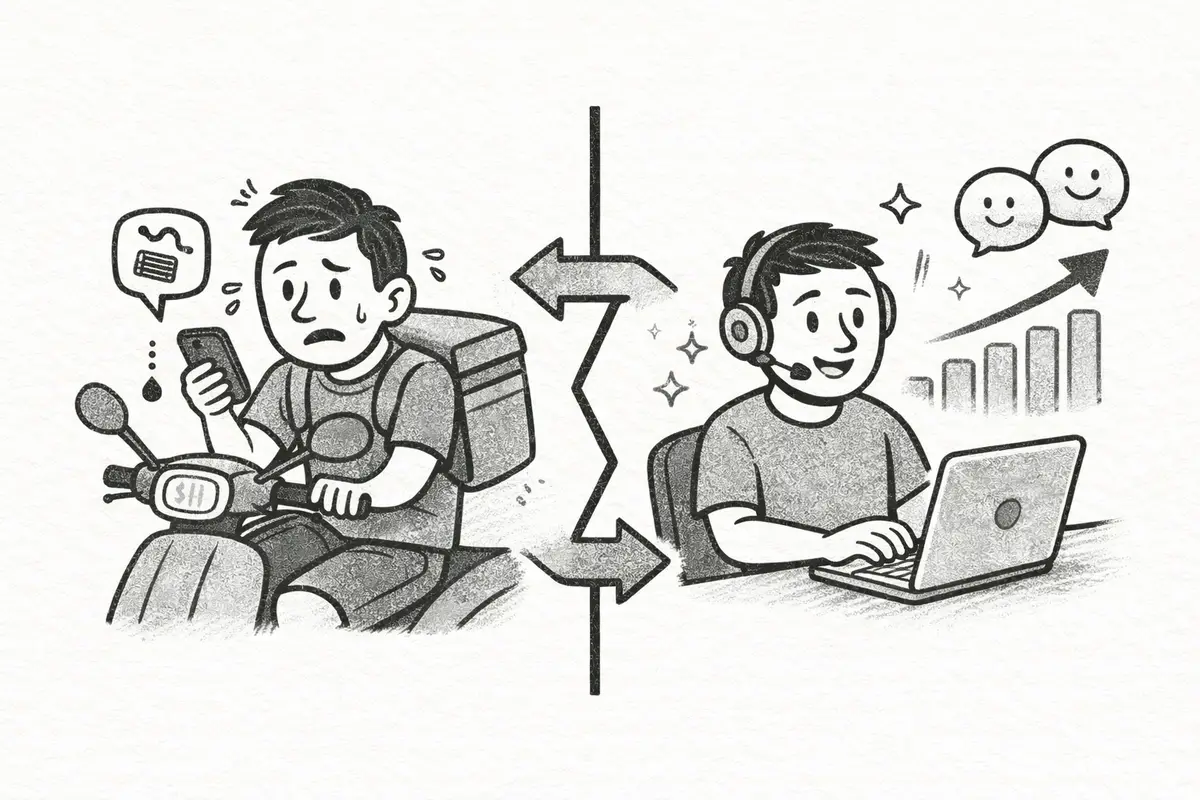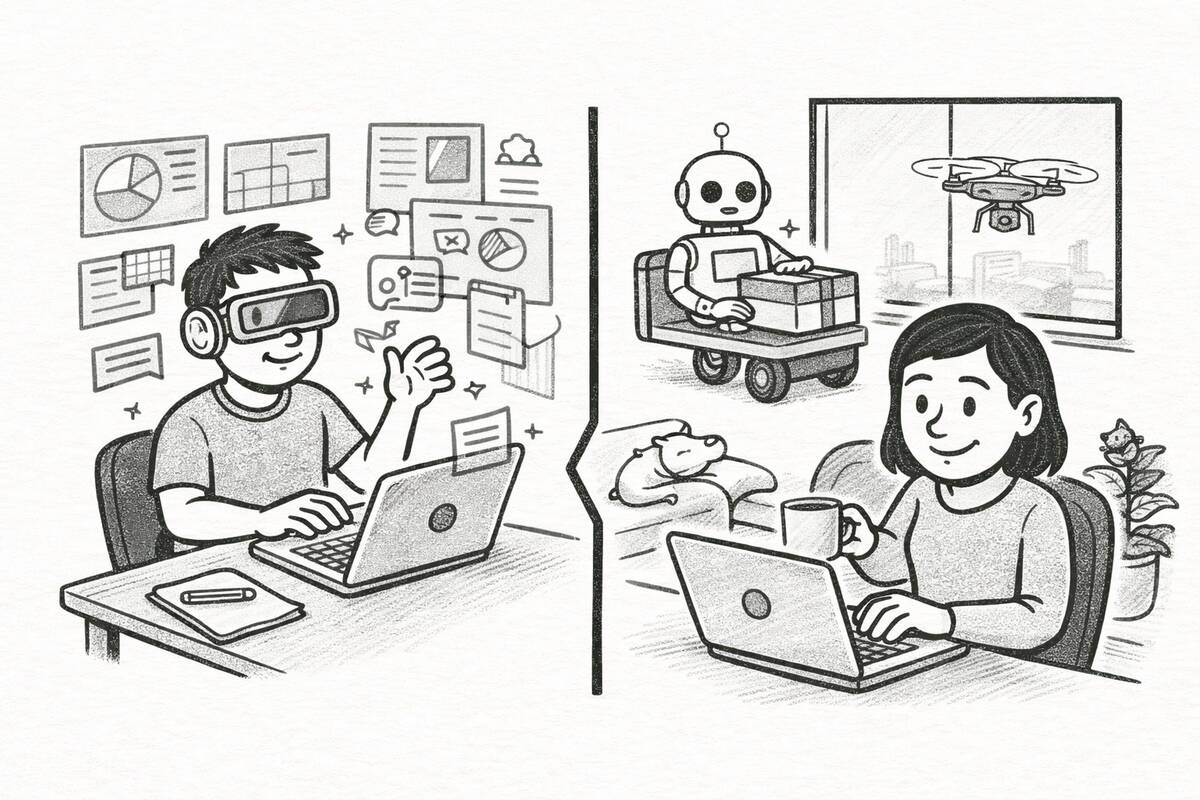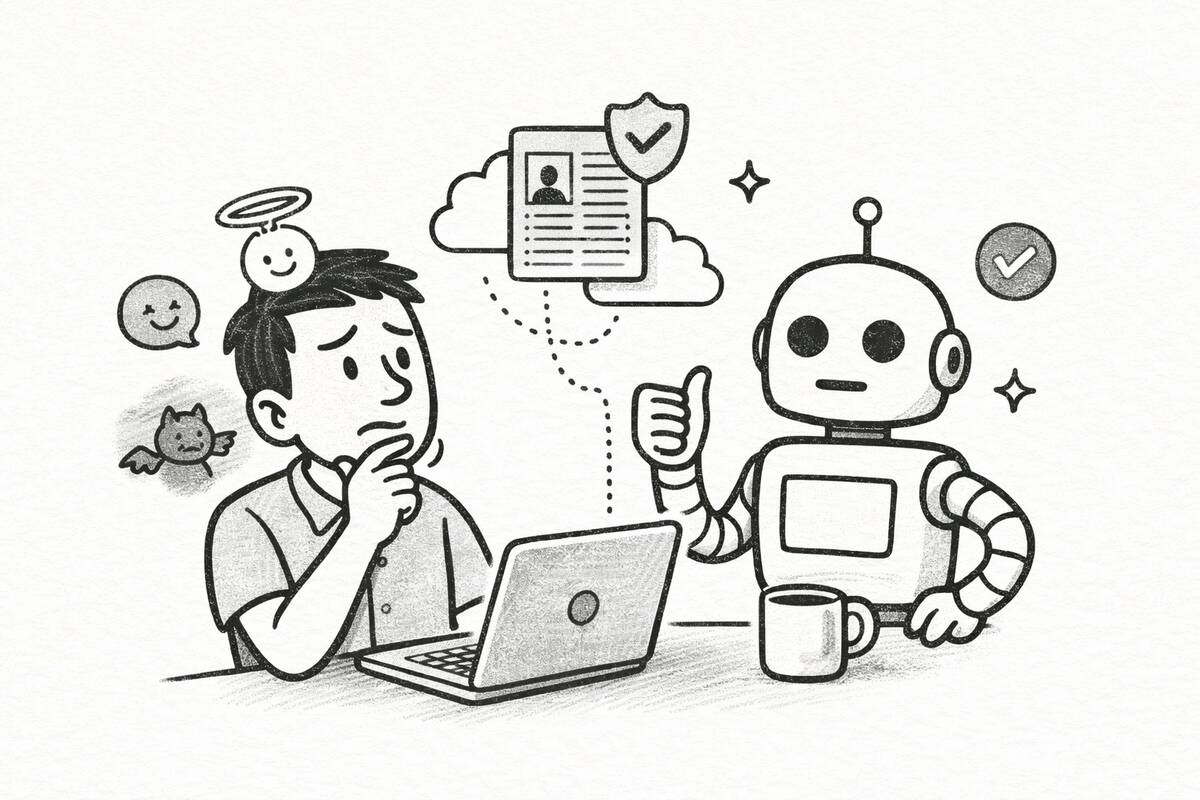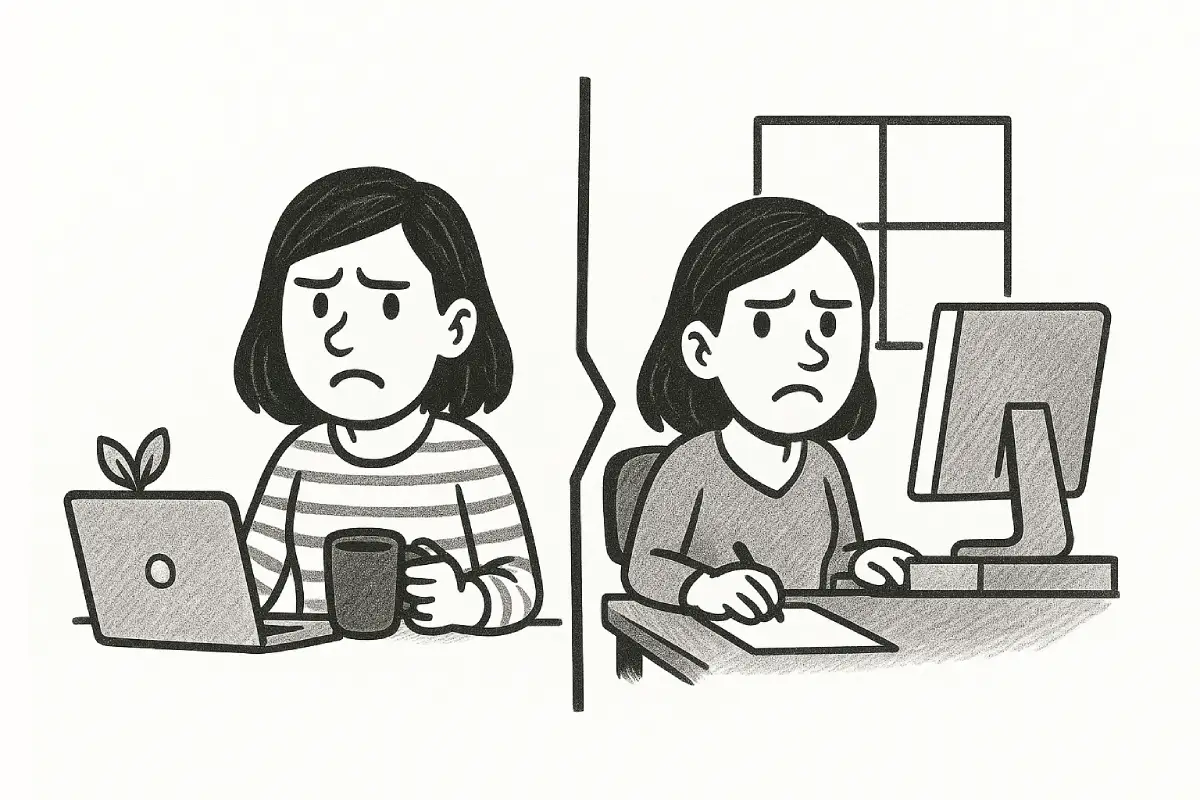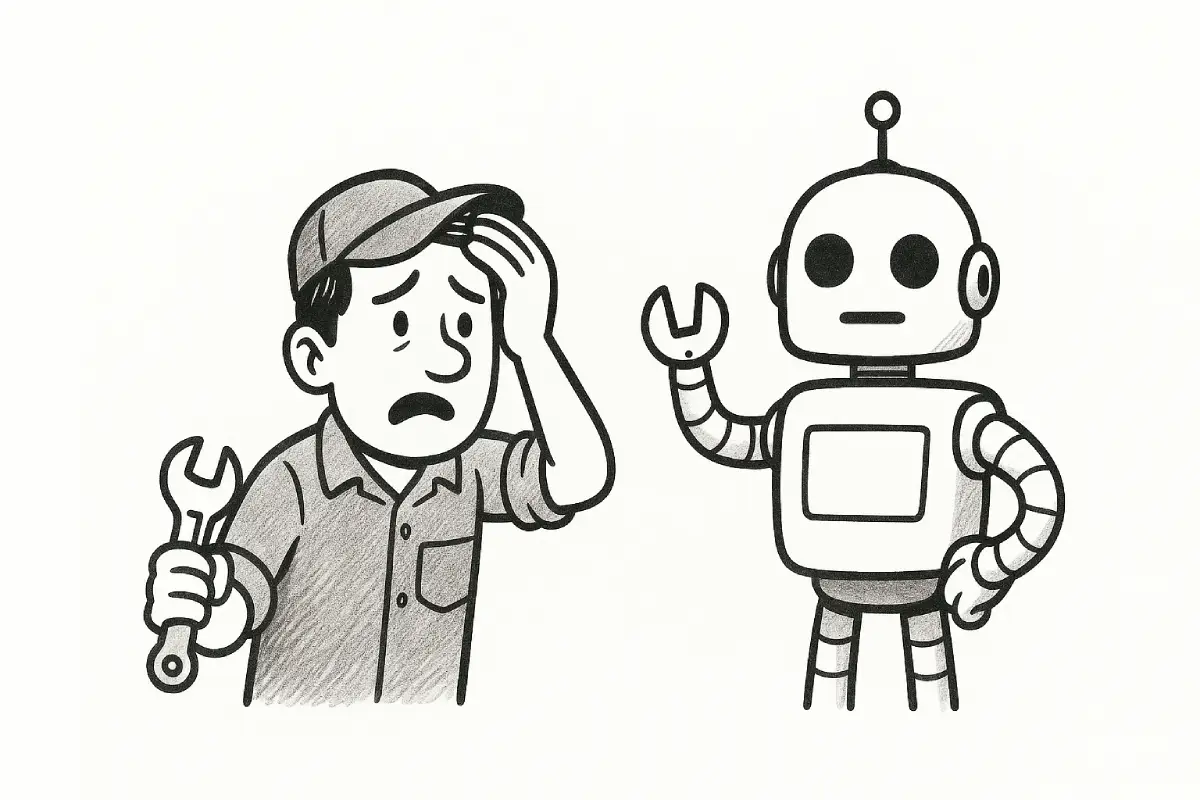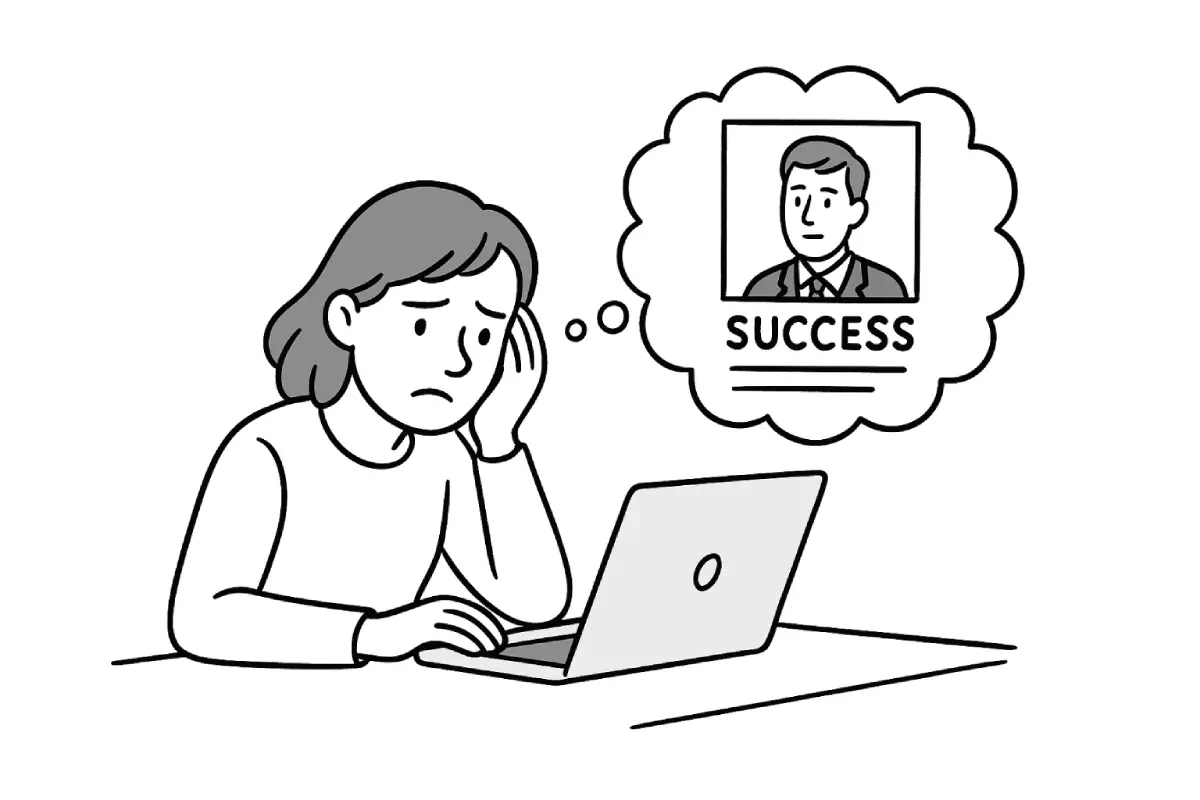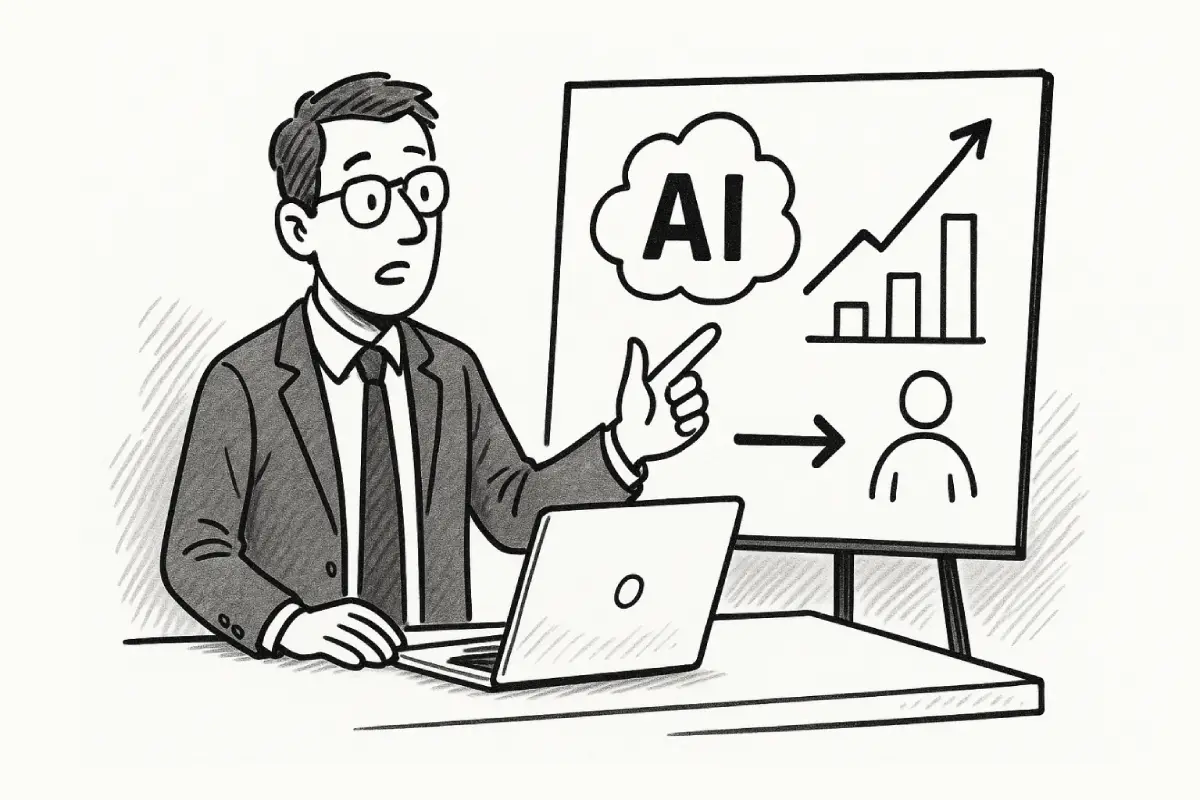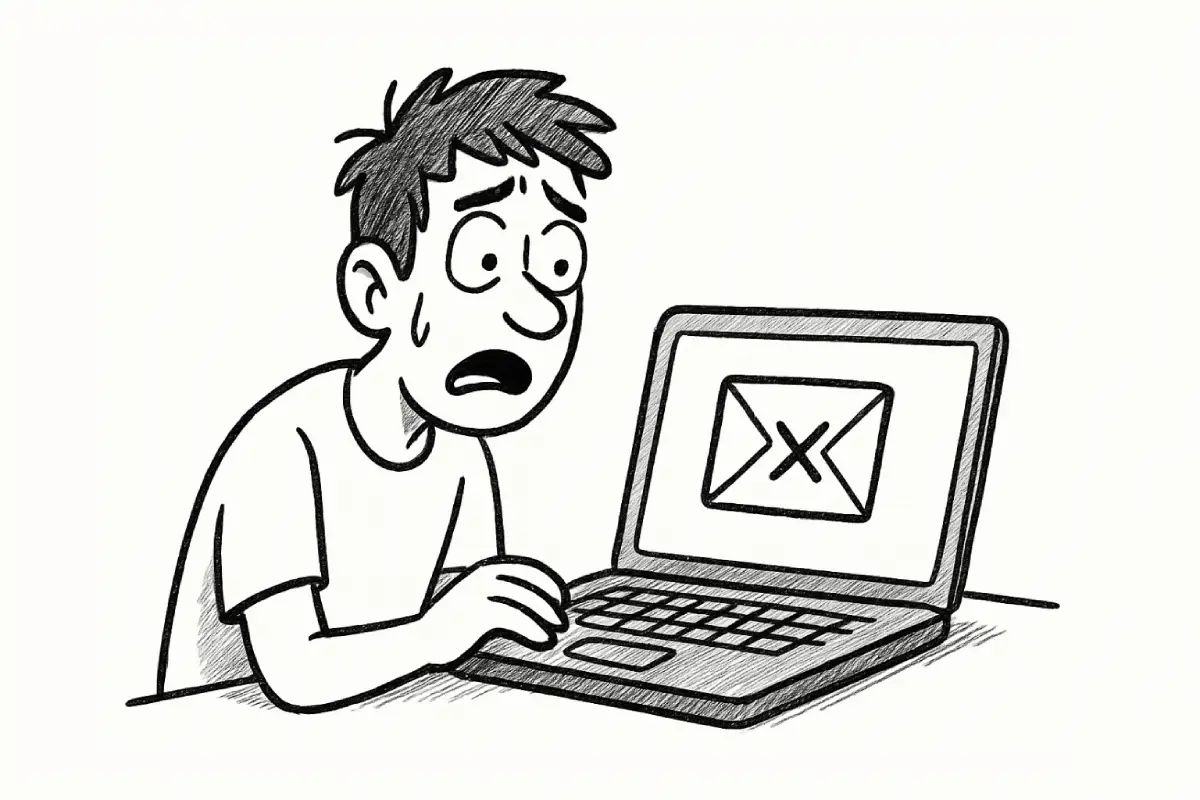I have always thought of interviews not as conversations but as mirrors that distort. The room, sterile with its white walls or corporate gray, becomes a stage where a thousand invisible judges lean forward, waiting for your tremor, your hesitation, your smallest crack of self-doubt. The chair you sit on is never just a chair: it’s a test of posture, of how well you can hold yourself together when every nerve in your body is unraveled.
And yet—behind it all—an interview is not about the questions asked. It is about the silence between them, about the way your throat dries when asked about your “strengths,” as if you must invent virtues on command, as if your humanity has to be sculpted into bullet points.
“The hardest part of speaking about yourself is not the words but the weight that clings to them, like damp clothes after rain.”
The Anatomy of Awkwardness
Why are you bad at job interviews? The reasons rarely live in résumés or preparation guides. They live in the body first:
- The heartbeat that hammers in your chest as though trying to escape.
- The hands that cannot find a home—on your lap, folded, or quietly trembling beside your notebook.
- The voice that betrays you—too high, too soft, or suddenly cracking like old wood.
These are not flaws of competence, but of performance. You know the answers, you carry the experience, but under the fluorescent hum of expectation, everything collapses.
The interviewer does not see your knowledge; they see the trembling. They mistake nerves for doubt, gestures for uncertainty. The truth slips away—not because you don’t have it, but because anxiety steals it before it reaches your lips.
And isn’t that cruel?
Memory Like a Flickering Candle
I remember one of my own interviews, years ago. They asked me to “tell about a challenge I overcame.” And I—who had survived heartbreak and illness and nights so heavy with silence they felt like tombs—could only stammer about some trivial work project. Later, leaving the office, I wanted to laugh and cry at once. They had not seen me. I had not shown me.
“In an interview, the self we want to present is often locked away, whispering behind glass, while the self they see is only a ghost fumbling for words.”
This is why you are bad at interviews—not because you lack stories, but because fear turns your soul’s opera into a muffled hum.
The Tyranny of Scripts
So many people rehearse like actors. They practice lines in front of mirrors, drill answers until they sound mechanical. But interviews are not theater plays where precision wins. They are more like jazz: improvisation woven from fragments of truth.
The danger of memorization is that it cages you. You wait desperately for your prepared phrases, but if the question shifts even slightly, your cage collapses. You stutter. You panic.
Real connection does not come from perfectly phrased answers. It comes from presence—when your eyes meet theirs, steady, unguarded, a thread of sincerity stretched across the space.
“Truth is not in what you polish, but in what you dare to leave raw.”
The Sound of Confidence
Confidence is not volume. It is not boldness. It is not arrogance. It is the stillness of water that knows it reflects the sky without effort.
When you believe that your worth is not at stake in this single room, when you understand that rejection is not a verdict on your existence but merely a mismatch of timing, then your answers breathe easier. Your words find lightness.
Imagine your voice as wind through hollow reeds—not forced, not stiff. It passes, carrying its resonance, and that is enough.
Practical Shifts
Amid poetry, let me also give you something tangible—because you ask, after all, how to fix it.
- Practice presence, not perfection: Before an interview, sit silently. Watch your breath settle. Let the pulse in your wrists remind you that you are here, alive, sufficient already.
- Answer with stories, not slogans: Instead of rattling off adjectives (“I am hardworking, dedicated, detail-oriented”), anchor in images. Describe the morning you arrived early to rebuild a broken system. Let them see, taste, feel the evidence.
- Embrace pauses: Silence is not failure. It is thinking. It is dignity. When you stop, breathe, and then speak, your words land heavier, like stones dropped into still water.
- Detach from outcome: The role is not a crown. It is a possibility. If it’s not yours, another waits. This loosening frees your tongue from the noose of desperation.
The Interview as Ritual
What if we thought of interviews not as trials but as rituals of meeting? A ceremony where two strangers attempt, awkwardly and imperfectly, to see if their lives might briefly intertwine.
The suits, the greetings, even the sterile glass of water at the table—all props in a small rite. A test not of your ability to recite but your ability to exist, fully, before another.
The ritual is more sacred when you realize this: they are not gods; they, too, are fumbling humans, glancing at their notes, doubting their judgments. You are not the only one shivering in your skin.
Shadows of Self
Perhaps the real reason why you stumble at interviews is this: you have not reconciled with yourself.
How can you speak with conviction about who you are if, within, you still carry doubt, still question your worth, still fracture between who you show and who you feel?
“The smoothest answer is not the one rehearsed but the one rooted in the soil of self-acceptance.”
To fix interviews, you must first fix how you see yourself. Not fix—as if you are broken—but soften, surrender, allow. You must let the fragments of you gather into wholeness. Then, sitting there, you will not be trapped in showing them someone worthy. You will be worthy, and they will simply witness it.
The Final Room
At the end of all this, I return again and again to the image of a room. You walk in, light shifts. Eyes meet. A question is asked.
What lives in those moments is not a script, not a checklist, but a pulse. Two human beings testing if their rhythms align. If not, you stand, you leave, the door shuts quietly behind you. But you carry no shame, only the echo of your own voice—clearer this time, freer.
Why are you bad at job interviews? Because you forget they are not exams. They are conversations wrapped in nerves. Because you mistake the performance for the self. Because you try to control what was never meant to be controlled.
And how to fix it? Loosen your grip. Let the words come like smoke from incense—drifting, imperfect, yet somehow luminous.
You might also like: How to Use AI Tools Ethically in Your Job Search
